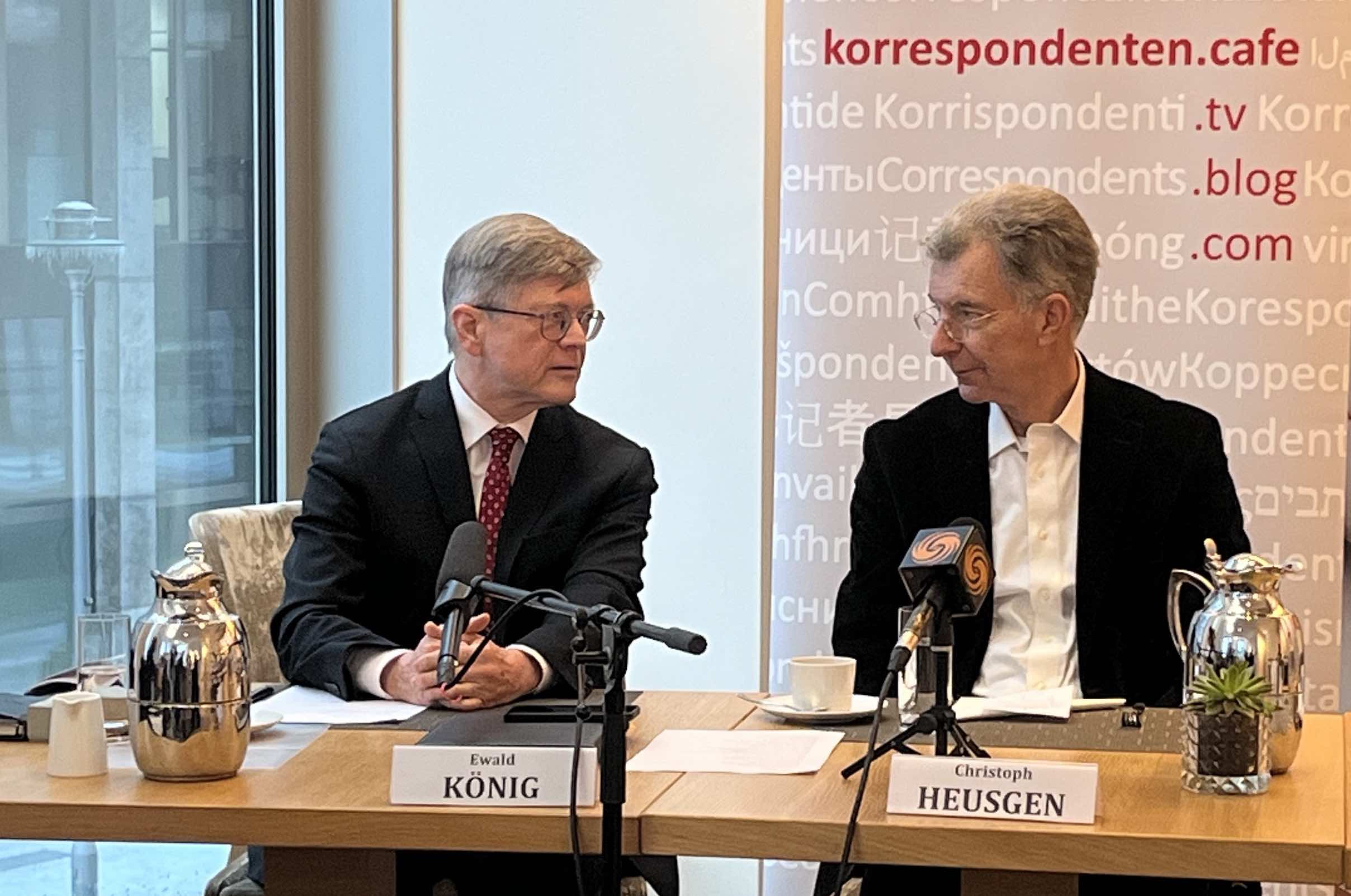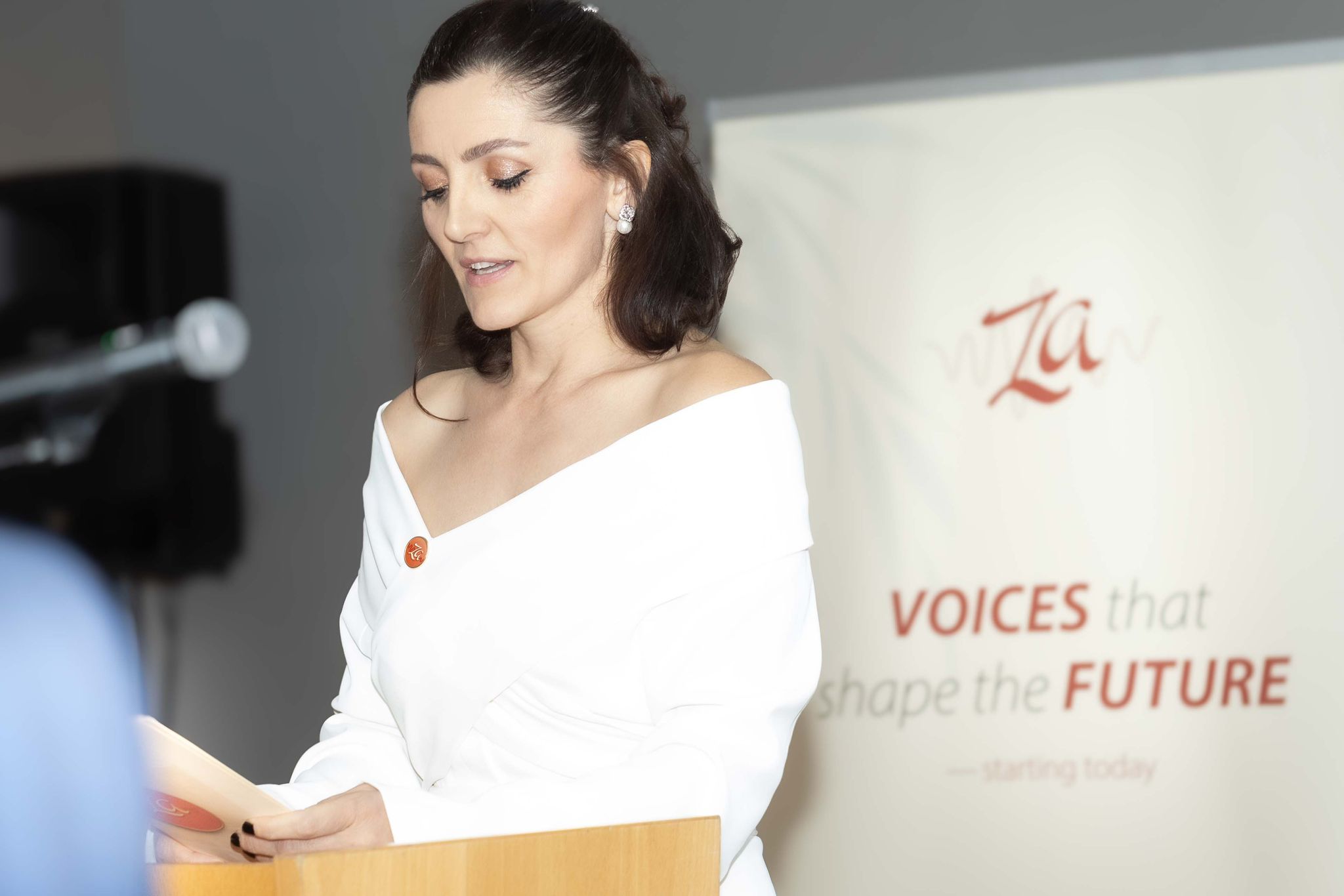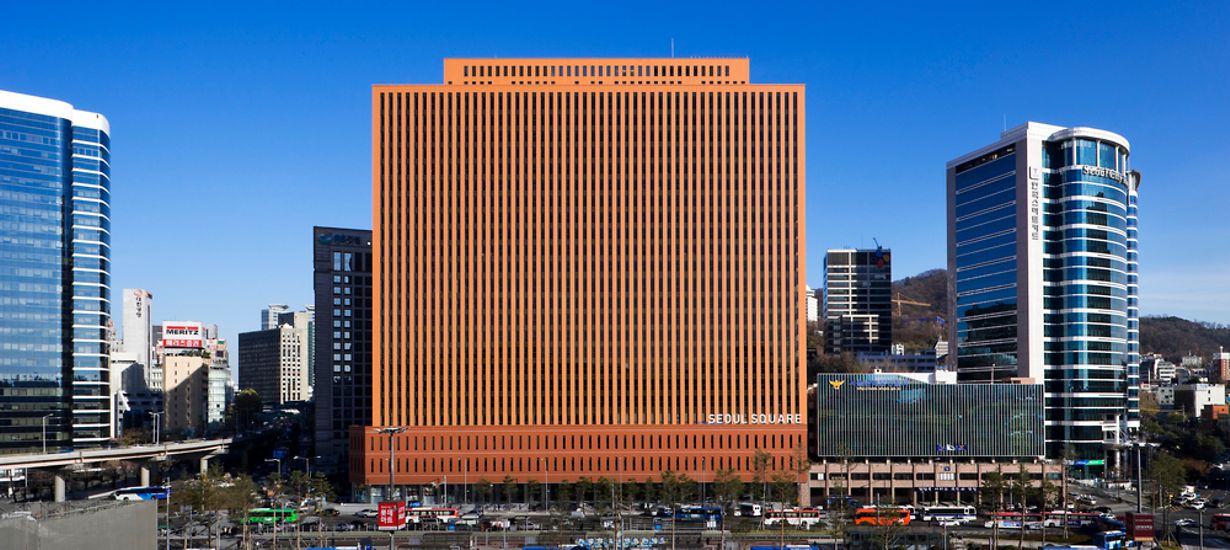diplo.news
West Balkans and Children’s Headscarf: Austria’s European Affairs Minister Claudia Plakolm in Berlin
By Ewald König
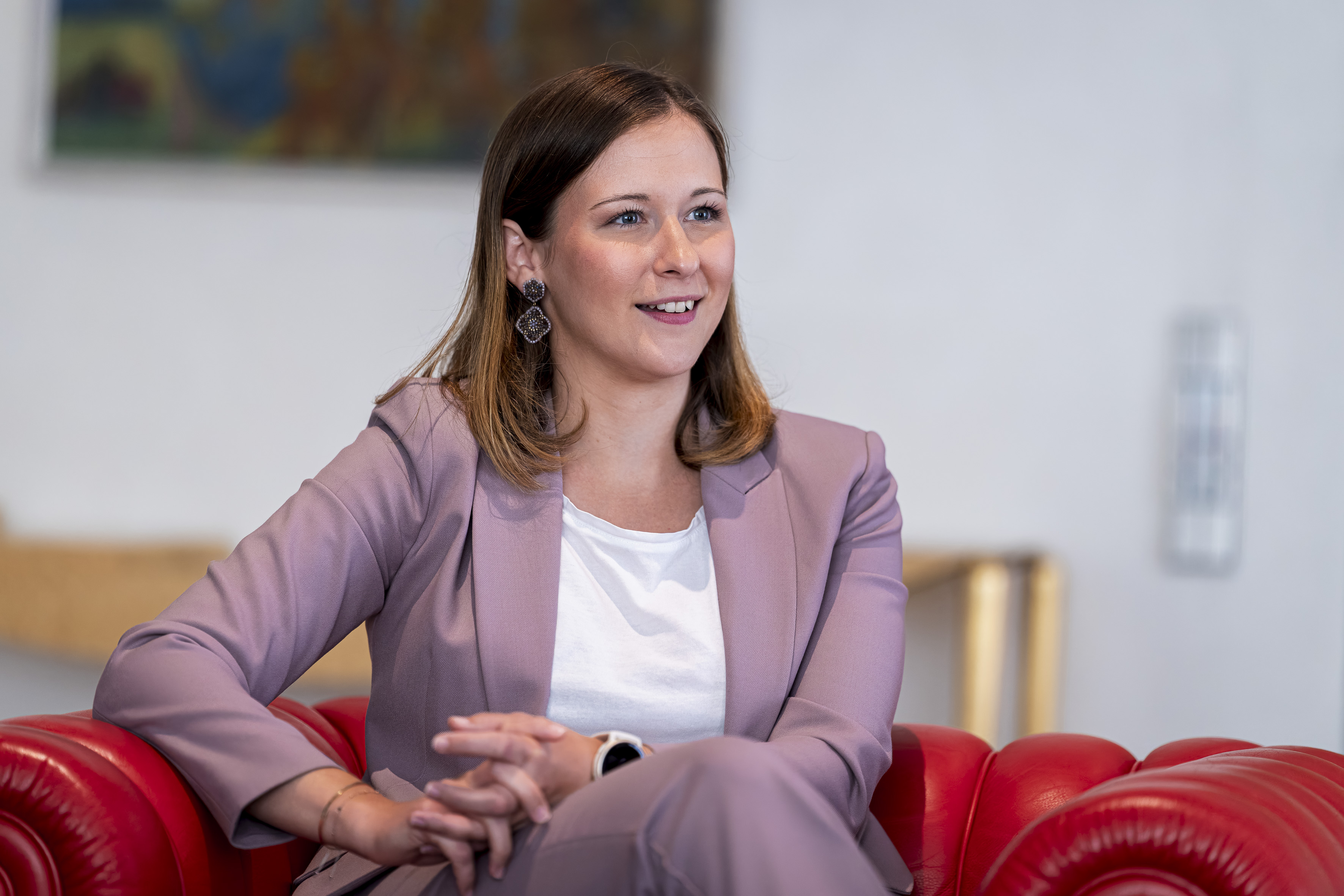
During a brief visit to Germany, Austrian Minister for European Affairs Claudia Plakolm (ÖVP) focused not only on migration and integration issues, but also on EU enlargement and the Western Balkans – where she will soon travel: all six countries in six days.
“After more than twenty years, the EU must deliver on previous promises before making new ones,” Plakolm told diplo.news in Berlin. Austria has been a strong ally of the countries of the Western Balkans for decades and is itself very interested in the EU's enlargement policy finally making progress. Montenegro, for example, is meeting the reform requirements and is a role model for the region.
“If we as the EU don't do our homework in the Western Balkans, then others will do it. We see growing influences from Russia, China, the USA, Saudi Arabia and Turkey every day. But the Western Balkans are part of Europe. ”
EU accession: “When is this ‘soon’?”
She said she understands why EU enthusiasm has declined sharply. “If you were promised over two decades ago that you would become part of the EU, and if that promise has been dangled like a carrot in front of you but keeps being pushed further into the distance, I understand the frustration.” That’s why promises must be kept on both sides. The EU must show it is capable of action and make progress in the enlargement process.
“Young people in the Western Balkans grew up with this promise. They know nothing else than: 'We will soon be part of the EU. "But when is this soon? ”
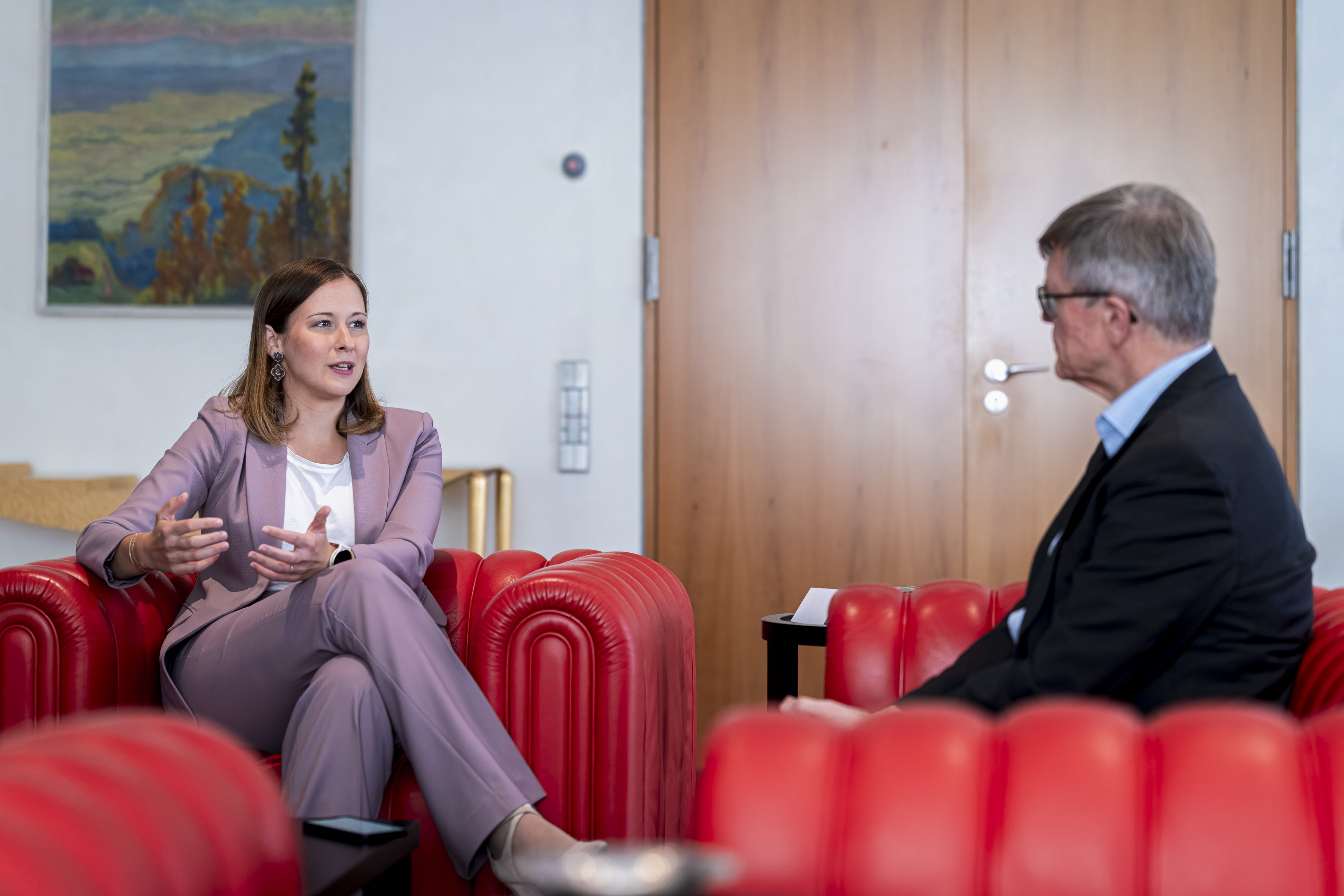
Montenegro and Albania as frontrunners
Austria’s approach of gradual integration, Plakolm said, is an important incentive to make the European perspective tangible in people’s daily lives. Within the single market, there should be steps toward opening even before formal accession. She also stressed the importance of aligning roaming charges. It was she who, during discussions among European partners about Ukraine’s roaming fees, reminded them not to forget the Western Balkans.
“I advocate clear processes and not fast-track procedures. But they need a signal that it pays off to work on reforms.” If, in a few years, Montenegro and Albania are admitted as frontrunners, that would also be a signal for all young people in the region.
The fact that, according to the most recent Eurobarometer, enlargement-skeptical Austria ranks third from last among all EU member states (ahead of only the Czech Republic and France) shows that progress is urgently needed. A key requirement is alignment with the EU’s Common Foreign and Security Policy (CFSP), with Montenegro already adopting all EU sanctions.
America stands for innovation, Asia for production, Europe for regulation
Among her greatest concerns in the EU, Plakolm said, is competitiveness. “Our location is losing importance because we have extremely high reporting requirements and extremely high levels of bureaucracy — and because companies in Europe cannot concentrate on innovation and research, but on the contrary on a lot of documentation and regulations. It is unfortunately true that America is driving innovation, Asia is driving production and Europe is driving regulation.” High energy prices and high personnel costs would add to this clear competitive disadvantage. “These triangle are extremely unfavorable conditions for our business location. ”
Headscarf for girls under 14 years of age
Plakolm is not only responsible for the EU; her portfolio also includes integration, family and youth. As Minister of Integration, she hopes that the ban on children's headscarves will be adopted as soon as possible. She regards the headscarf as a sign of oppression for girls under 14. For her, the issue is about child welfare and protecting girls. From age 14, every woman should be free to decide for herself.
Common asylum policy across Europe
She also called for the EU to finally implement a common asylum and migration policy. Austria had applied heavy pressure until more and more countries joined its position. Europe must take external border protection seriously, implement the returns regulation, establish asylum centers at the external borders, update the list of safe countries of origin, and re-discuss the interpretation of the European Convention on Human Rights.
The Dublin system and the European regulatory framework, she said, had failed the practical test in the ten years since the refugee crisis.
In Germany, Austria has an important ally in many projects, as she saw confirmed in her Berlin talks with Chancellor Minister Thorsten Frei and Gunther Krichbaum, Secretary of State for Europe at the Federal Foreign Office (both CDU).


